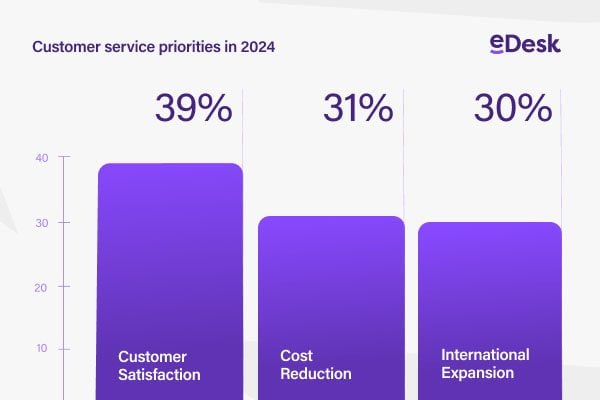 Keith Tully from Real Business Rescue is a leading corporate insolvency specialist. He knows what it takes to keep struggling businesses afloat and what qualities are required of company directors and today has some tips for marketplace sellers if they ever find themselves in a difficult financial situation.
Keith Tully from Real Business Rescue is a leading corporate insolvency specialist. He knows what it takes to keep struggling businesses afloat and what qualities are required of company directors and today has some tips for marketplace sellers if they ever find themselves in a difficult financial situation.
Falling into financial difficulties isn’t something we like to think about, but we know it happens and it’s better to act quickly than to ignore the situation.
5 Turnaround Tips if Your Company is in Financial Trouble
No business boss ever wants to find themselves in the position of facing up to serious financial difficulties and perhaps even the potential threat of insolvency.
But, if such a situation does arise, then it is crucially important for business leaders to take considered action and work in the best interests of their company every step of the way.
Here are some tips if your company is struggling and you’re looking to lead any form of business recovery effort:
1 – Step back
Sometimes the most difficult action to take as a business boss is simply to take a step back and to get a broader perspective of what’s going on with your company.
By removing yourself from the day-to-day goings on you can start to see more clearly where the real problems and issues lie and where you might be able to make positive changes for the future.
2 – Consider your short term financing options
For companies of any size, cashflow issues can arise quickly and cause real problems. For small and medium-sized businesses the effects can be particularly tough to cope with but there are solutions available that can help.
The good news is that there are a growing variety of financing options available to small businesses. Often these services are delivered by specialists in particular industries or on the basis of projected earnings.
From the point of view of a company director, facilities such as invoice financing, peer-to-peer borrowing, alternative overdrafts and merchant cash advances are all well worth investigating as or before cashflow issues start to bite.
3 – Liquidate non-essential assets
Precisely what might be considered non-essential assets will vary from business to business but, whatever these assets are, selling them could buy your company crucial time to rebalance its cashflows and move forward.
This might seem like a drastic step to take but the reality is that if your company does become insolvent then those assets might well be liquidated anyway. Taking this action voluntarily at a relatively early juncture can keep the process in your own control and help ensure that you gain maximum value from the assets being sold.
4 – End non-essential relationships
Ending long-standing relationships with suppliers and with employees can be extremely challenging for individual business bosses but circumstances will sometimes leave few other options.
Ultimately, employees or suppliers that are not integral to the current or future financial performance and profitability of your company should be let go. Here again, taking swift action is always preferable because it can help to keep matters from worsening indefinitely and financial difficulties from spiralling quickly out of control.
5 – Focus on core attributes
It isn’t always obvious to leaders of particular businesses precisely what their company’s strengths and weakness really are. However, in the context of dealing with serious financial challenges, it can be vital for those people in leadership positions to have a clear appreciation of where the core attributes of their businesses lie. From that understanding it becomes much easier for restructuring efforts to be initiated and given the best possible chance of success.
No-one who takes up the challenge of running or leading a company of any size expects to be faced with insolvency or with the pressure of seeing a financial position become increasingly unsuitable. Unfortunately, the reality is that many business owners and operators find themselves in precisely that position every year and in every industry. Very often the difference between companies that are successfully rescued and those that are not is the cool thinking and swift actions of their bosses.










One Response
We are fourth generation professional auctioneers and valuers work for a number of insolvency practitioners, and have worked with Keith.
STEP 3 – LIQUIDATE NON_ESSENTIAL ASSETS
almost every company we attend has machinery and assets that are surplus to their requirements and not only are they costing money for the company to hold them, they should be turned into funds which can help overcome cash flow difficulties.
We have dedicated auction, sale and storage facilities or can sell assets for companies from their site, from a single machine to a warehouse full of stock.
If you are having financial difficulties please contact us (www.JPSsurveyors.co.uk) to see if we can help, often we can act on a no sale no fee basis.